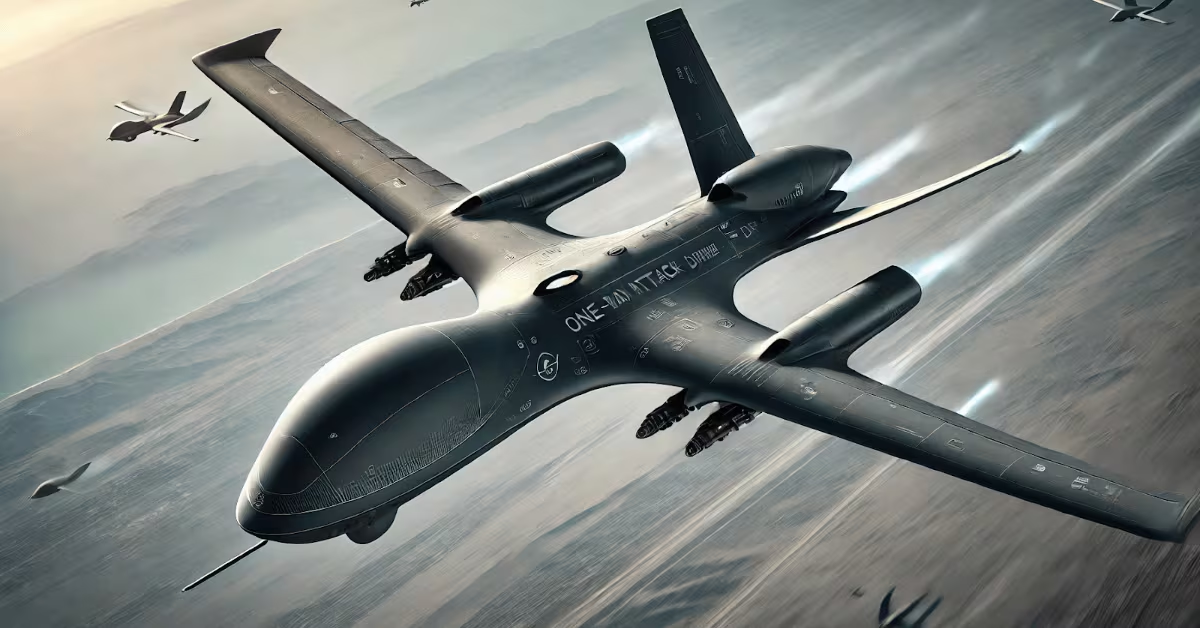ANKARA — Fearing that jihadist infiltration through Turkey's notoriously porous border with Syria will keep exposing Western cities to the risk of terror attacks, the United States is pressuring Turkey to secure the least secure piece of its borderline, supporting the idea with provisions of US gear.
The US and Turkey, both of which are NATO allies, have committed to better coordinate efforts to fight the radical Islamic State group, also known as ISIS or ISIL.
US Vice President Joe Biden was in Turkey at the end of January, seeking new measures to augment the allied campaign against ISIL. He met with Turkish President Recep Tayyip Erdogan and Prime Minister Ahmet Davutoglu.
In Turkey, Biden spoke of a "shared mission for the extermination of ISIL."
He said that the US-Turkish plans to fight the jihadist group have gotten more contoured and more coordinated. He also said that the US and Turkey were prepared for a military solution in Syria against ISIL.
But he also urged Turkey to do more to control its porous border with Syria, particularly a 60 mile-long unsecured piece, Turkish officials said.
Homeland Security Secretary Jeh Johnson is expected to arrive in Turkey late February to offer border security technologies including surveillance balloons, anti-tunnelling equipment and gear to detect the material used in improvised explosive devices (IEDs).
"We have agreed to intensify dialogue on better ways to fight ISIL, including some technological know-how help from the US," a senior Turkish diplomat said. "Sealing the last piece of unsecured border is among the priority issues."
Turkey patrols the unsecured borderline with 25,000 troops. It also has decided to build concrete walls and fences to stop terrorists crossing the border.
"We are on the same boat [with our western allies]. We are doing our best. Infiltration into Turkey poses greater risks to Turkey than to our western allies," said one security official.
ISIL suicide bombers have killed more than 140 people in Ankara, Istanbul and a small town on the Syrian border since July.
In efforts to boost the allied campaign, Lt. Gen. Charles Brown, the commander of the US Air Forces Central Command and the Combined Force Air Component, is expected to visit Turkey (both Ankara and the southeastern city of Diyarbakir that hosts a crucial Turkish airbase) at the beginning of February. Brown is scheduled to meet with the Turkish Air Force Commander, Gen. Abidin Unal.
Military sources say that the US and Turkish commanders will discuss ways to increase the role of the Diyarbakir airbase in strikes against ISIL strongholds in Syria. They say potential search and rescue operations will also be discussed.
Turkish Foreign Minister Mevlut Cavusoglu Jan. 26 underlined the need for a "more efficient" struggle against ISIL with the U.S. both in Syria and Iraq.
He told a news conference: "Daesh [an acronym for ISIL] controls 30 percent of [Iraqi] territory. How will we resolve this? We discussed with Biden how we can coordinate our forces there."
Burak Ege Bekdil was the Turkey correspondent for Defense News.








